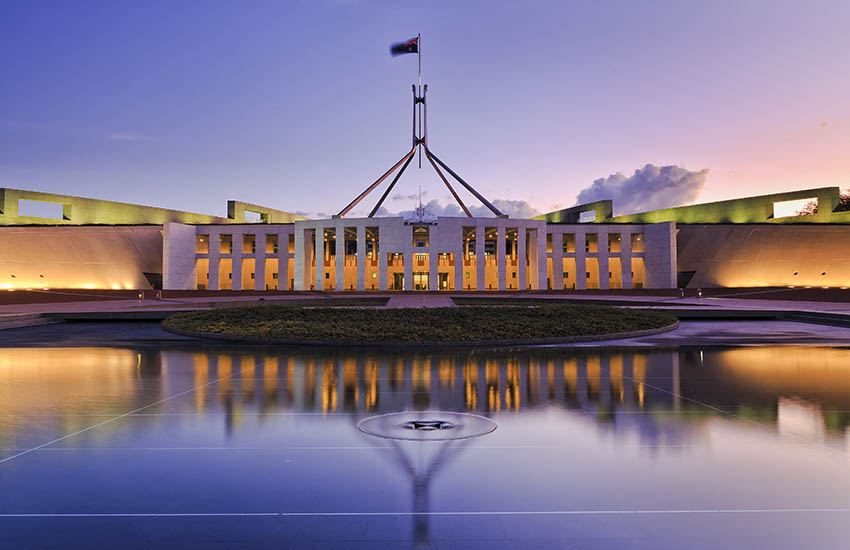As part of Tuesday’s federal budget, the government has announced that it will move to act on a 2019 Board of Taxation recommendation to replace the current individual tax residency rules with a simple 183 days bright line test — where an individual who spends 183 days or more in Australia is regarded as a tax resident.
You’re out of free articles for this month
Individuals who do not meet the primary test will be subject to secondary tests that depend on a combination of physical presence and measurable, objective criteria.
The change comes after the Board of Taxation concluded that the current domicile test, the usual place of abode test and, in particular, the resides test, were “increasingly uncertain and ill-suited to the dual purpose of determining the residency status of most individuals”.
The government hopes that the change will lower compliance costs for globally mobile individuals and their employers. The new framework will apply from the first financial year after legislation receives royal assent.
In a bid to further attract and retain global talent in Australia, the government will remove the cessation of employment taxing point for tax-deferred employee share schemes (ESS) that are available for all companies.
The change will mean that employees are not taxed at the time they cease employment but instead at the earliest of the remaining taxing points where, in the case of shares, there is no risk of forfeiture and no restrictions on disposal, and in the case of options, where the employee exercises the option and there is no risk of forfeiting the resulting share and no restrictions on disposal.
The government will also remove regulatory red tape such as disclosure requirements and licensing, anti-hawking and advertising prohibitions for employers who do not charge or lend to the employees to whom they offer ESS.
Unlisted companies will also be allowed to offer employees shares worth up to $30,000 each year, up from $5,000 if they do charge or lend for issuing employee shares.
To attract business investment in Australia, the government has also announced that it will task the ATO with a new early engagement service that will provide “upfront” confidence to investors about how Australian tax laws will apply to them.
The new service, set to be available from 1 July, will provide investors with expedited private binding rulings and advance pricing agreements, and will accommodate time-sensitive aspects of a transaction such as foreign investment review board (FIRB) approvals.
Jotham Lian
AUTHOR
Jotham Lian is the editor of Accountants Daily, the leading source of breaking news, analysis and insight for Australian accounting professionals.
Before joining the team in 2017, Jotham wrote for a range of national mastheads including the Sydney Morning Herald, and Channel NewsAsia.
You can email Jotham at: This email address is being protected from spambots. You need JavaScript enabled to view it.
 Login
Login







